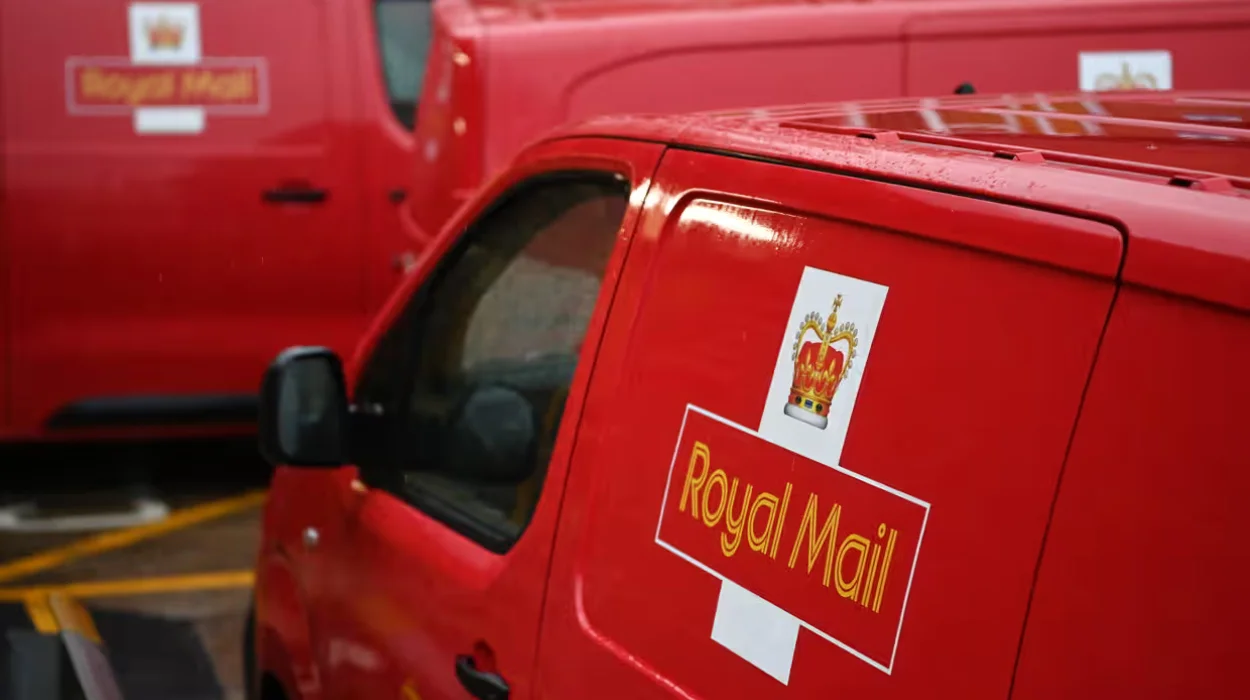London (Parliament Politics Magazine) – Royal Mail’s parent company, IDS, is considering price hikes and job cuts in response to increased costs from the Labour government’s budget, which raised employer national insurance contributions. IDS has reported a significant £134 million business write-down.
Royal Mail’s parent firm is considering jobs reduction and raising postage costs, blaming a £120 million cost burden on the Labour government’s first budget since returning to power after 14 years.
International Distribution Services (IDS) has condemned the government’s move to increase employers’ national insurance contributions (NICs), stating it has intensified challenges during one of the most difficult periods in Royal Mail’s 508-year history.
The group, currently the focus of a takeover bid, disclosed a £134 million writedown on Royal Mail value and warned that changes to national contributions NICs would add £120 million in yearly costs from 2025-2026. Royal Mail employs 130,000 people, making it one of the British largest employers.
Martin Seidenberg, chief executive of Royal Mail said, “We’re seeing quite a massive burden coming our way in terms of the national insurance increase. We are looking at a bunch of measures and it’s just too early to say what we’re going to do exactly”.
“I cannot rule out any price increases. But it’s not just about consumer stamps, we are looking at all products … that includes parcels and also business mail”.
He insisted job reductions were also being considered. “We are looking at all options. But anything that does impact our people would be a last resort … we’re working through the details of the impact,” he added.
His remarks have raised concerns over Chancellor Rachel Reeves’ policy to lower the earning threshold for NICs, part of the government’s strategy to stabilize public finances and strengthen NHS funding.
A rise in stamp prices would add to five hikes in first-class stamp rates in less than three years, including a recent increase of 30p pushing first-class stamps to £1.65 last month.
Revenues for IDS rose by 10% to £6.4bn in the 26 weeks ending September and posted an adjusted operating profit of £61m after excluding one-off factors.
Seidenberg said, “We are delivering on the changes we can control, but the cost environment is worsening just at the time when we need to invest”.
The Communication Workers Union (CWU), which has a conflict with the company over pay and working conditions, argued that the results indicated Royal Mail was in strong financial condition and did not need job cuts.
The union said, “For the overall company to already essentially be at break-even point after years of gross mismanagement is a testament to the work of every postal worker in the UK.“It also shows the company can have a brighter future if the focus goes back to properly rewarding its employees and delivering for its customers”.
Křetínský, whose £5.3bn takeover of IDS awaits approval from shareholders and the British government, has outlined his plans to capitalize on e-commerce growth and reshape Royal Mail into a more modern parcel delivery service.
Despite efforts to modernize, the current management has frequently argued that the historic universal service obligation (USO), which demands letters to be delivered at the same price across the UK full week, is a major barrier to modernization.
Křetínský is awaiting the government’s decision, but an IDS spokesperson confirmed on Thursday that they expect the deal to be completed by March.
In August, the Cabinet Office “called in” the proposed takeover, and the original time of review period has passed which is 45 days and argued that the government has extended its scrutiny. A spokesperson from the Cabinet Office declined to comment.


